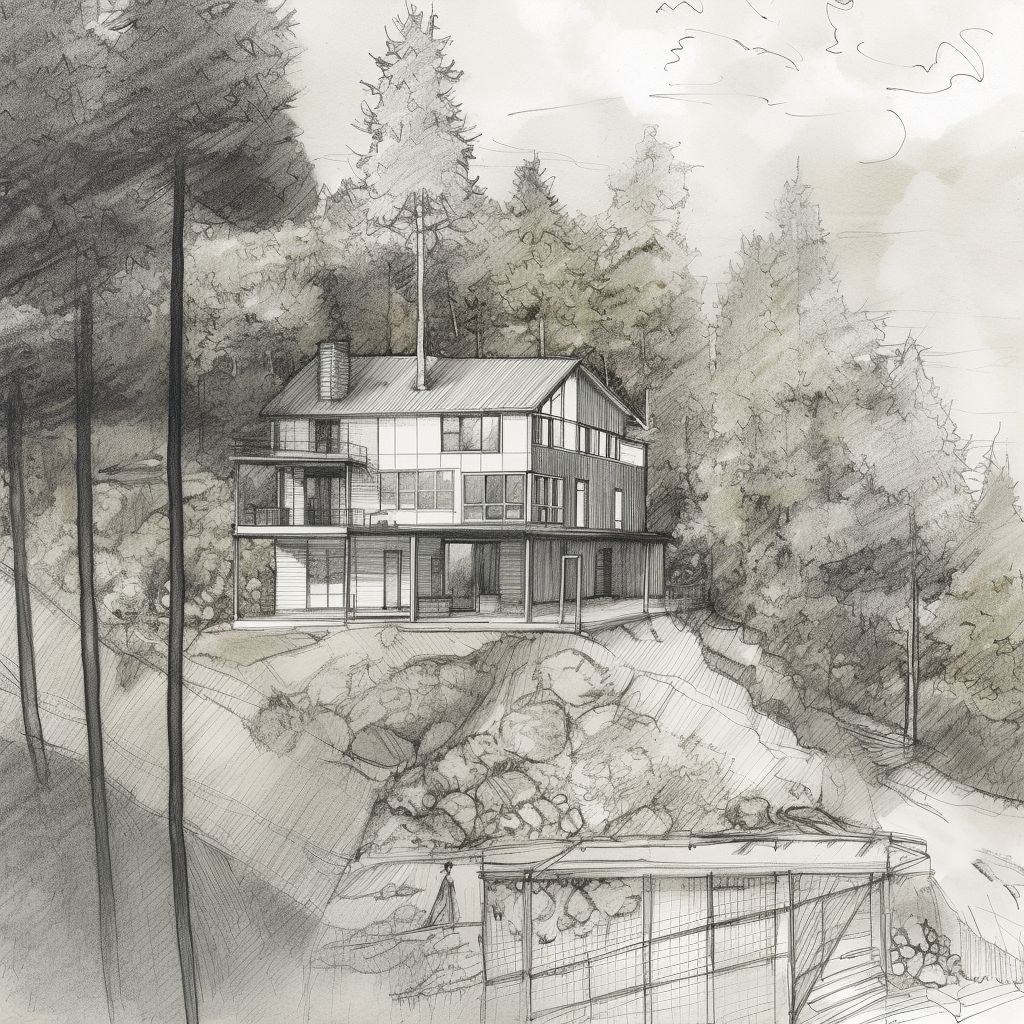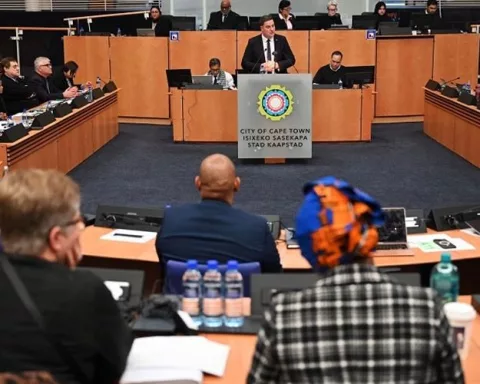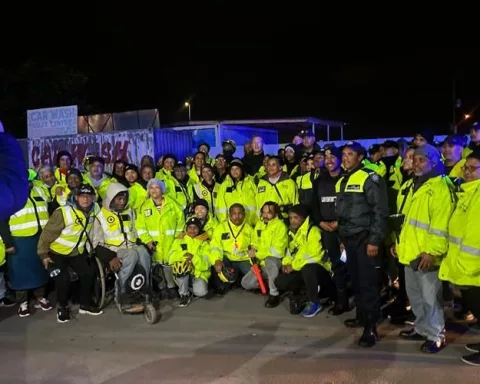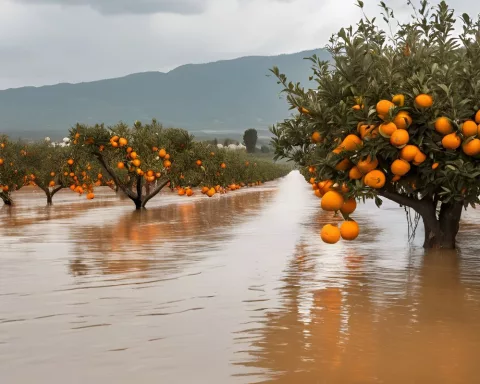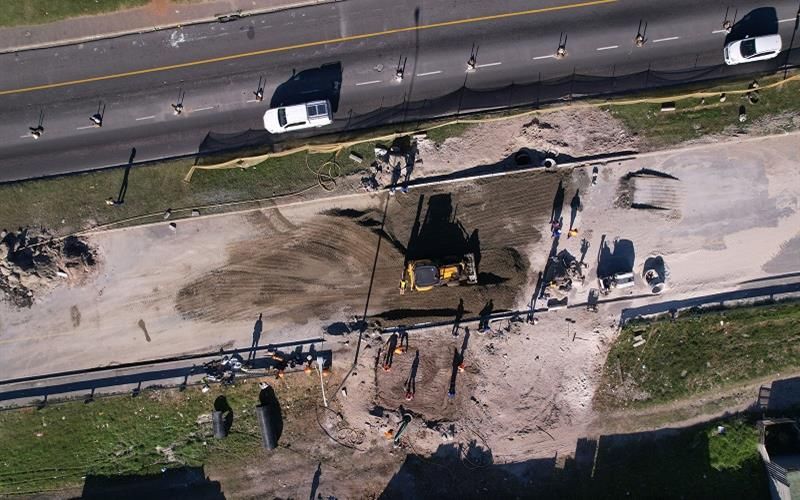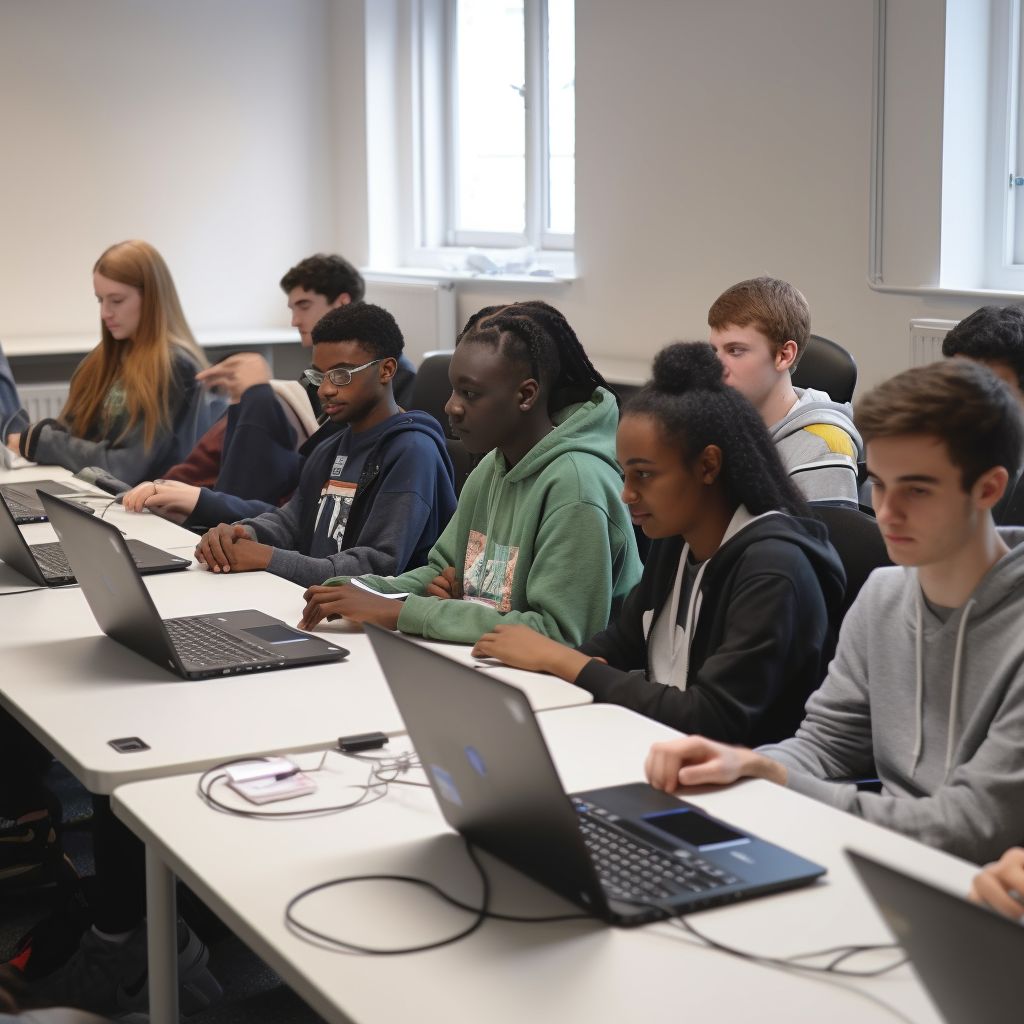The Western Cape Department of Infrastructure and the Mossel Bay Municipality have teamed up to assist 13 families from Wolwedans, Great Brak River, in Mossel Bay. The families were forced to leave their homes due to the risk of landslides, which led to geotechnical studies by the department.
Background
The November 2021 floods had a significant impact on the Wolwedans area, with 13 houses being deemed unsafe for habitation. The Provincial Minister, Tertuis Simmers, and National Minister of Human Settlements, Mmamoloko Kubayi, visited the site in January 2022. Zutari Consulting Engineers were then assigned to conduct further studies and produce a preliminary report.
The Report
The report confirmed that relocating the 13 families to a safer site was necessary. High rainfall and unstable slope conditions were identified as key factors contributing to the slope failure. The report concluded that rehabilitation would not be economical due to the magnitude of the movement and the size of the failure zone.
Temporary Accommodation
Eight families were relocated to Temporary Relocation Accommodation (TRA) units, while the remaining five found shelter with extended family members.
New Homes
The new homes will be constructed on a site that addresses 23 informal settlements, including Wolwedans. These homes are part of the Upgrading of Informal Settlements Programme (UISP) within the Greater Mossel Bay area.
Provincial Minister’s Gratitude
Provincial Minister Tertuis Simmers expressed his gratitude for the collaboration between different government spheres and stakeholders. He highlighted the importance of ensuring community safety and well-being.
Remedial Work
The department has allocated R21.5 million for remedial work in the affected area. This further demonstrates their commitment to providing safe housing for the displaced Wolwedans families. The remedial work will address various issues related to the landslip risks and help to prevent future incidents.
Collaboration
The collaborative efforts by the Western Cape Department of Infrastructure and the Mossel Bay Municipality, along with the involvement of the Provincial and National Ministers, showcase the importance of teamwork and cooperation in addressing the housing needs of vulnerable communities.
The construction of the 13 new homes is expected to commence soon, once the contractor has established the site. The displaced Wolwedans families can look forward to a fresh start in a safer environment.

